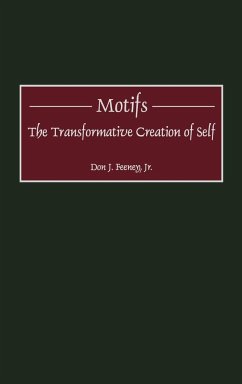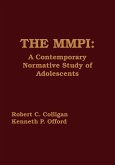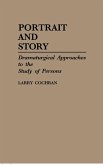Just as DNA determines the genetic makeup of every individual, a motif determines individual bio-psycho-social, emotional, and spiritual behaviors and attitudes. This epigenetic theory of individuality describes the motif as a unique artistry of organizing principles. The author uses the concept of motif to explain physiology, behavior, and attitude and to show how each person has his or her own unique system of motifs that comprises the fabric of every level of personality. Case studies exemplify the way in which motifs manifest the self and how the core personality is understood once the individual's motif is revealed. Of interest to graduate students in psychology and clinicians and counselors in the field of humanistic and clinical psychology, holistic medicine, wellness and mind-body healing, psycho-biology, and spirituality this book will bring new understanding to personality and behavior studies.
Hinweis: Dieser Artikel kann nur an eine deutsche Lieferadresse ausgeliefert werden.
Hinweis: Dieser Artikel kann nur an eine deutsche Lieferadresse ausgeliefert werden.








